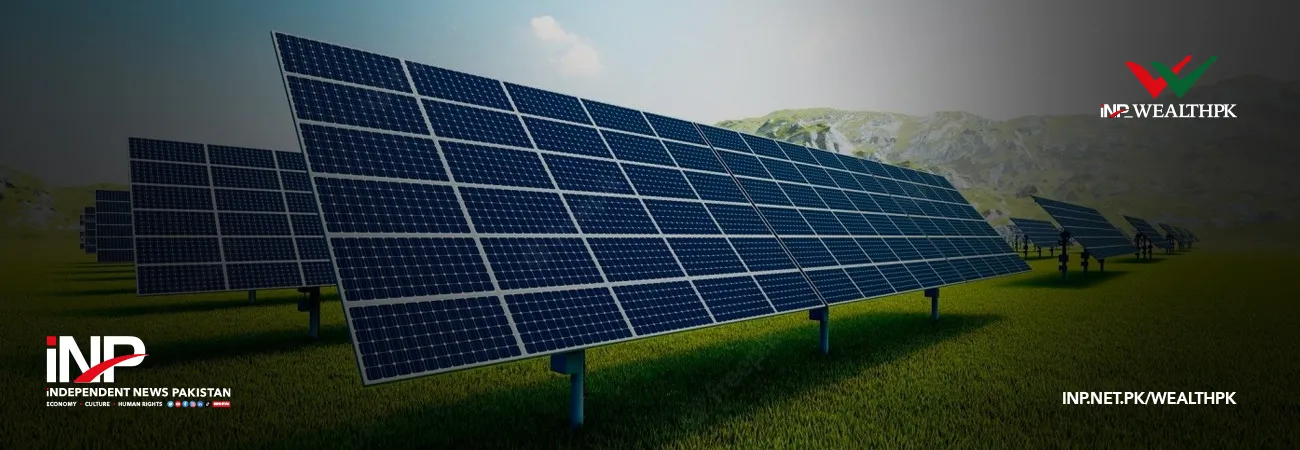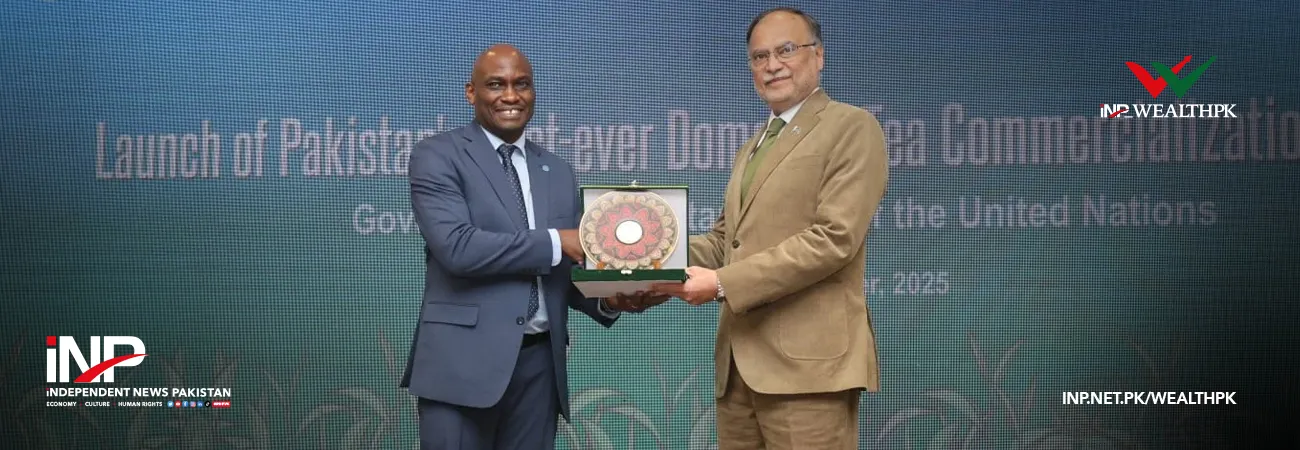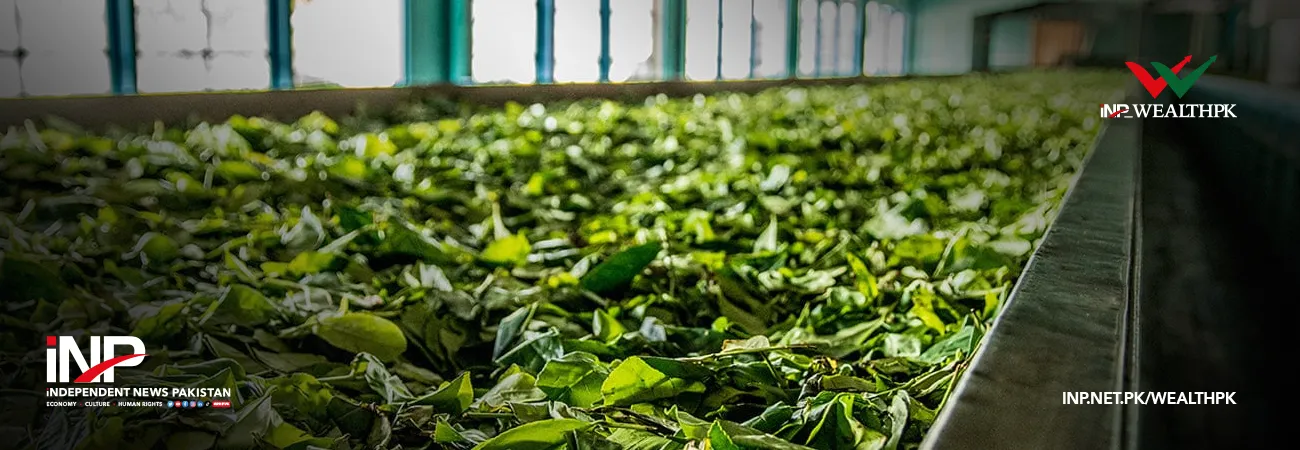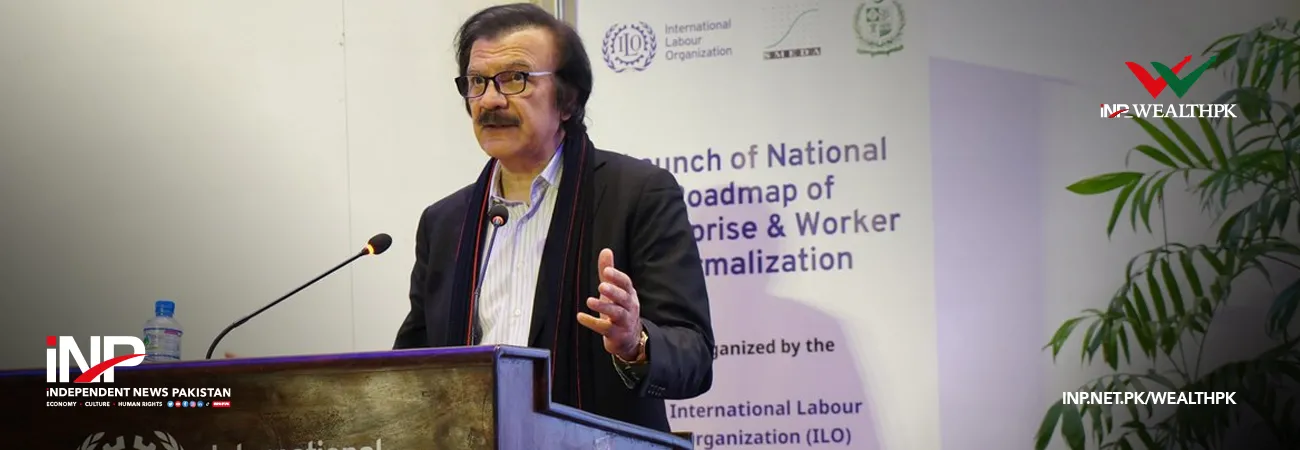INP-WealthPk
Amir Saeed
The rapid expansion of solar energy in Pakistan, benefiting affluent users, is increasing financial burdens on middle and lower-income families relying on the grid.
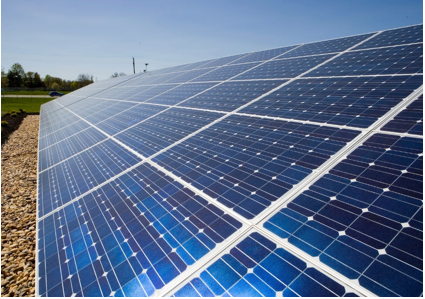
Talking to WealthPK, Dr. Khalid Waleed from the Sustainable Development Policy Institute (SDPI) said while this shift offers opportunities, it also poses challenges to the national grid, as the demand declines due to the falling prices of solar panels and battery. He emphasized that lower and middle-income households often cannot afford solar solutions, exacerbating the existing socio-economic inequalities in energy access. Currently, 52% of energy consumers benefit from substantial subsidies, totalling 900 billion rupees annually. Dr. Waleed called for policies to promote local solar panel manufacturing, particularly for consumers who use less than 200 units of electricity.
This can reduce subsidy burdens and encourage broader adoption of solar energy. “The growth of solar installations has led to a divide where wealthier households enjoy lower energy costs, while lower-income families face rising bills due to the increased grid maintenance expenses. As affluent users generate excess power and sell it back to the grid, non-solar consumers bear the higher fixed costs, further straining their finances.’’ Dr. Waleed pointed out that the current net-metering policy allows solar users to offset their utility bills but inadvertently shifts financial burdens to non-solar consumers.
He called for a more equitable approach to integrating renewable energy to prevent widening disparities and promote sustainable development. Estimates suggest that non-solar customers have collectively subsidized losses of approximately Rs80 billion. The hidden costs of solar adoption, such as maintaining grid flexibility, are often overlooked but are crucial in understanding the broader implications of this energy transition. Talking to WealthPK, Muhammad Aatizaz Hussain, a development economic researcher at the National Defence University (NDU) Islamabad, said despite the apparent benefits of solar energy, such as reduced reliance on the fossil fuels and lower electricity costs for those who can afford it, the unregulated nature of this boom poses significant risks to the country’s overall energy landscape.
As the solar boom continues, it has displaced an estimated 9,942GWh of grid demand annually, causing a decline in revenue for distribution companies (DISCOs), which struggle to recover the fixed costs as more consumers opt for solar solutions. If the government does not implement effective policies to balance the interests of both solar adopters and grid-dependent consumers, there could be dire consequences for utility companies and the economy. The "utility death spiral" looms large as more customers abandon traditional power sources, leaving the remaining users with higher tariffs.’
“As solar surge offers promising opportunities for renewable energy adoption and economic relief for some sectors, it also highlights critical equity concerns within its energy framework. The government must act swiftly to address these disparities by reforming policies that govern net metering and ensuring that all consumers contribute fairly to the grid maintenance costs,’’ he emphasized. “Without such measures, millions of low and middle-income families risk facing unaffordable electricity bills, further entrenching economic divides and undermining the potential benefits of a greener energy future,’’ he warned.
Credit: INP-WealthPk



